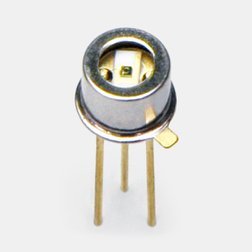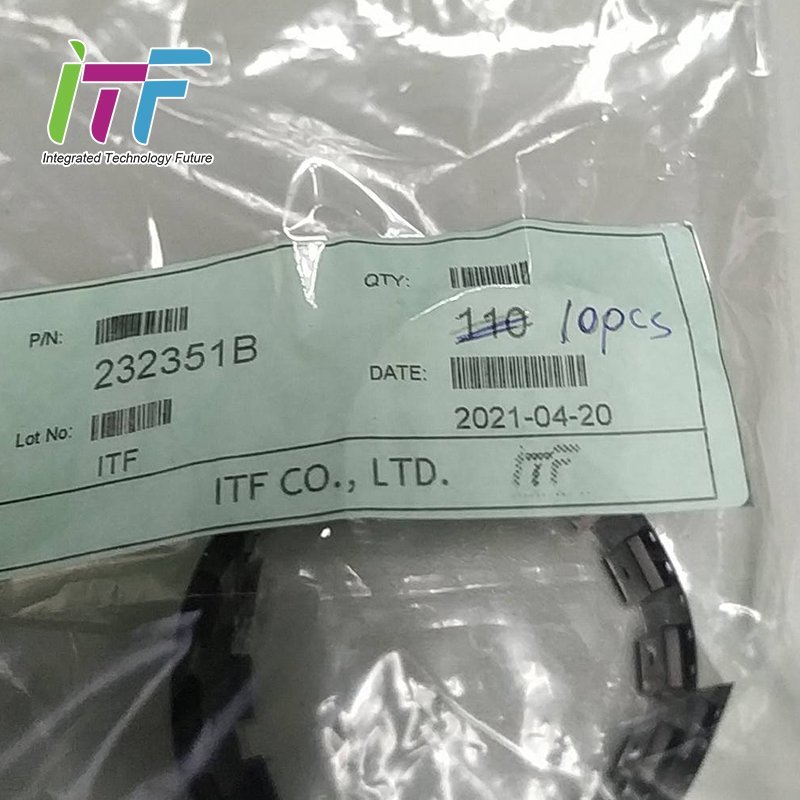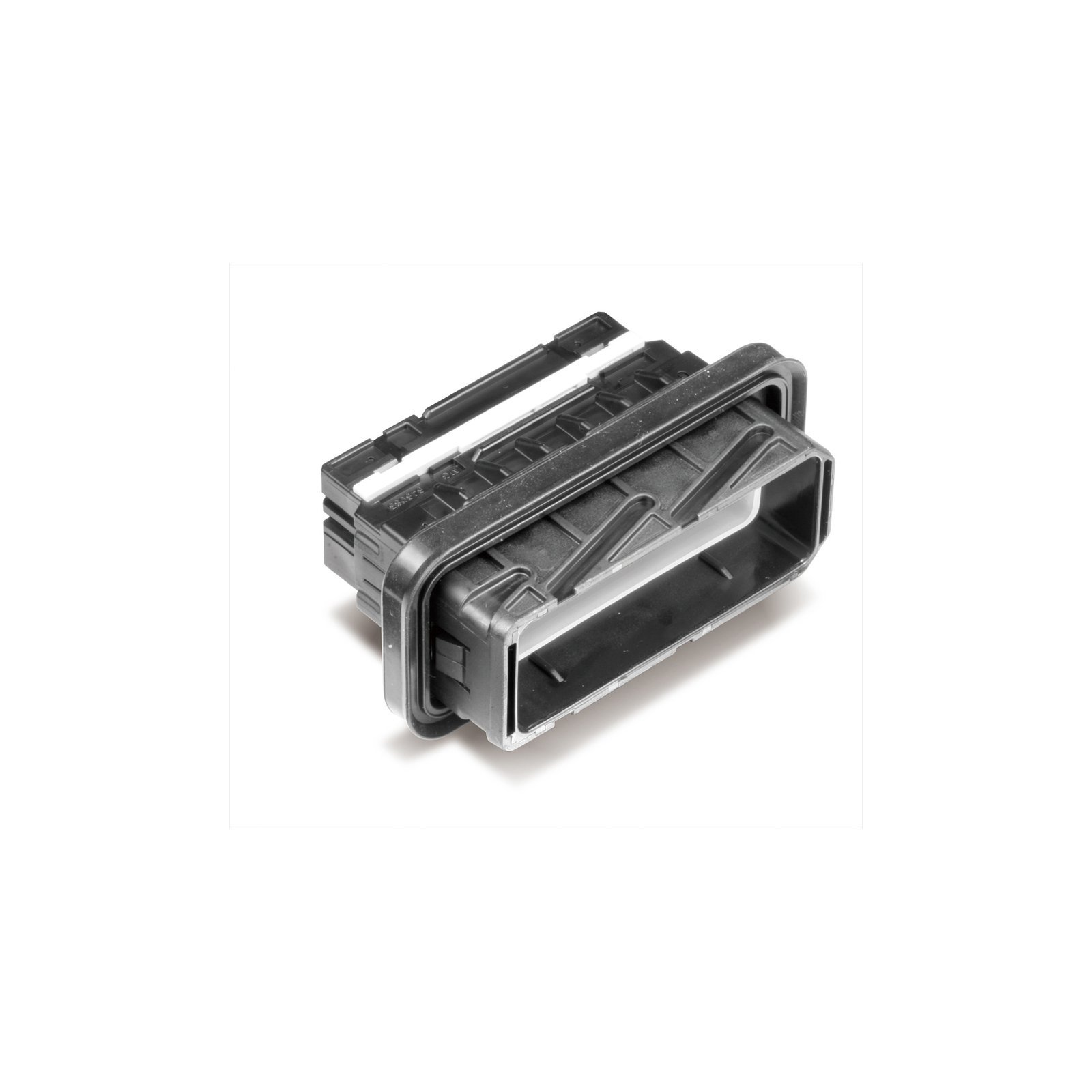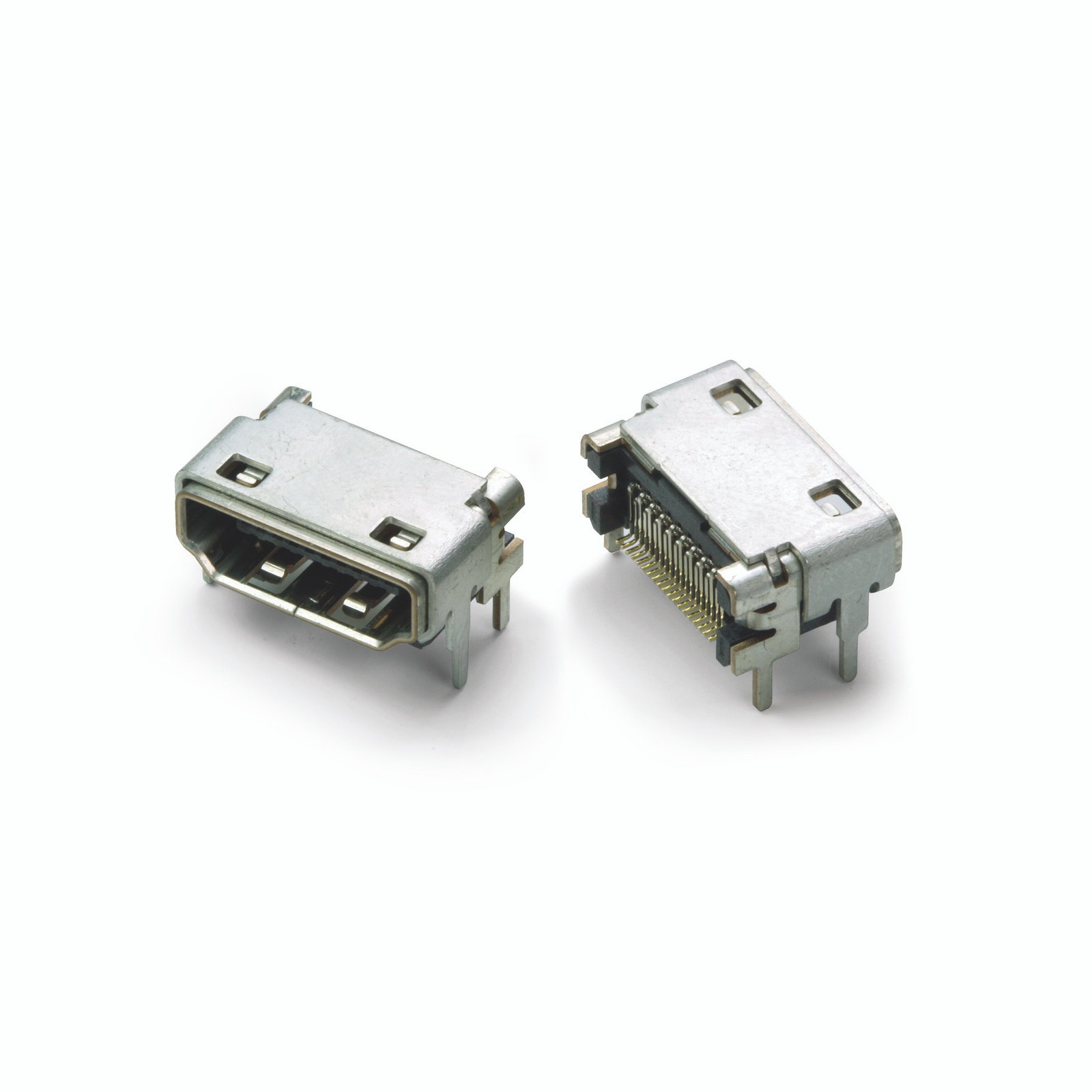A capacitor is a passive electronic component that stores electrical energy in an electric field. It consists of two conductive plates separated by an insulating material known as a dielectric. When voltage is applied, an electric charge accumulates on the plates, allowing the capacitor to store and release energy as needed.
Types of Capacitors
Capacitors come in various types, each designed for specific applications. The most common types include:
1. Ceramic Capacitors
- Small, inexpensive, and widely used.
- Ideal for high-frequency applications such as RF circuits.
2. Electrolytic Capacitors
- High capacitance values, commonly used in power supply circuits.
- Available in aluminum and tantalum varieties.
3. Film Capacitors
- Stable and reliable with low loss.
- Used in audio, power, and high-frequency circuits.
4. Supercapacitors
- Ultra-high capacitance for energy storage applications.
- Used in backup power supplies and hybrid vehicles.
5. Variable Capacitors
- Capacitance can be adjusted as needed.
- Commonly found in tuning circuits and radios.
How Capacitors Work
Capacitors function by storing and releasing electrical energy. When a voltage is applied, electrons accumulate on one plate while the opposite plate loses electrons, creating an electric field. This stored energy can be released when needed, making capacitors useful in various applications such as:
- Energy Storage: Used in power supplies to smooth out voltage fluctuations.
- Filtering: Helps eliminate noise in audio and RF circuits.
- Timing Circuits: Used in oscillators and pulse circuits.
- Coupling and Decoupling: Transfers AC signals between circuit stages while blocking DC components.
Choosing the Right Capacitor
When selecting a capacitor for your project, consider the following factors:
- Capacitance Value (Farads): Determines the storage capacity.
- Voltage Rating: Must exceed the circuit’s operating voltage.
- Dielectric Material: Affects performance and reliability.
- Temperature Stability: Important for high-precision applications.
Conclusion
Capacitors are indispensable in modern electronics, with diverse applications in power management, signal processing, and energy storage. Understanding the different types of capacitors and their functions can help you make informed choices for your projects. Whether you are designing a simple circuit or a complex electronic system, choosing the right capacitor ensures efficiency and performance.
Looking for high-quality capacitors? Browse our extensive selection of capacitors to find the perfect match for your electronic needs!
























